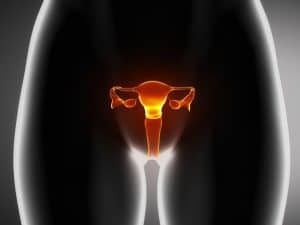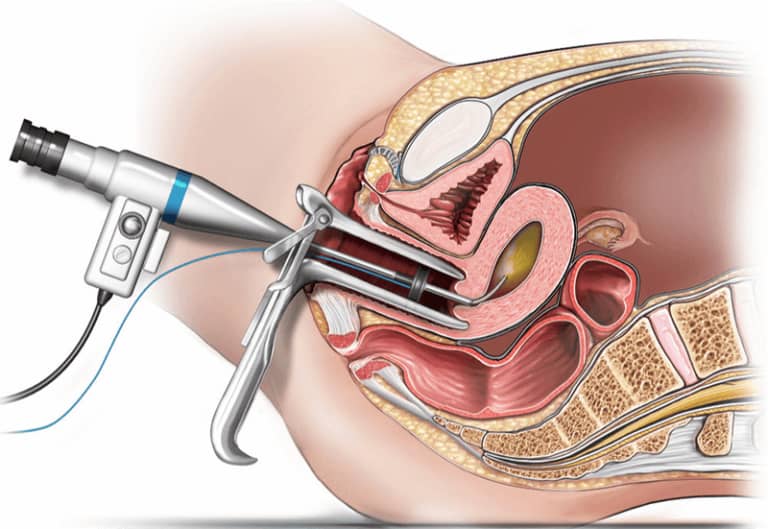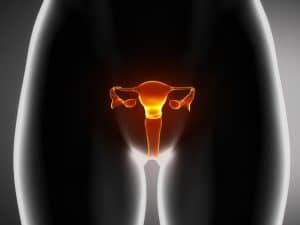
What is Endometrial ablation?
Endometrial ablation is the diathermy (burning) or removal of endometrium, a thin layer of the tissue lining the uterus. It is done to treat various conditions of heavy menstrual bleeding (menorrhagia) or unusual bleeding between periods. Hormonal imbalance (oestrogen and progesterone) that happen most often in women nearing their menopause or after menopause is the main cause for menorrhagia and abnormal bleeding. Other causes of abnormal bleeding may be presence of fibroid tumors, polyps or cancer in the endometrium or uterus.
The ablation is a quick simple and very effective procedure and may be performed as an alternative treatment option to hysterectomy (removal of uterus).
However, endometrial ablation is not recommended in women of childbearing age who are planning for a pregnancy in future, were pregnant recently or in those with disorders of the uterine lining such as cancer, recent infection, and complex endometrial hyperplasia.

Endometrial ablation may be performed using one of the following techniques under general anaesthesia and combined with hysteroscopy to view the uterine cavity plus taking endometrial biopsy:
Radiofrequency: In this technique, a special probe that emits the radiofrequency probe will be inserted into the uterus through the cervix. A mesh-like arrangement at the tip of the probe emits the radiation to the walls of the uterus. The heat energy destroys the endometrium layer and the damaged tissue will be suctioned
Electrosurgery: A thin telescopic device called resectoscope which has an electrical wire roller ball tip is inserted to destroy the uterine lining
The procedure is done as a day procedure so you go home the same day.
You may expect some minor discomfort such as nausea, cramping, thin bloody discharge, frequent urination following the procedure. These problems resolve within 2-3 days. Watery discharge can last for a couple of weeks following the procedure.
Expected results of endometrial ablation are permanent reduction or elimination of bleeding.
FAQs
Can you have a second endometrial ablation?
It is not common, but it is possible to have a second endometrial ablation if you are bleeding again. It might need to be done by a different method of ablation though.
Does having an endometrial ablation affect hormones?
No, endometrial ablation affects only the endometrial lining preventing it to bleed. Your ovaries continue to function normally so your hormonal status is not changing and you won’t go into menopause early due to that.
How long off work after endometrial ablation?
Endometrial ablation is a day procedure but can cause crampy pain for another day or so. Most women will feel fine to return to work the following day but it is safe to take the following day off.
Can endometrial ablation cause early menopause?
No, endometrial ablation affects only the endometrial lining preventing it to bleed. Your ovaries continue to function normally so your hormonal status is not changing and you won’t go into menopause early due to that.
What are the side effects of endometrial ablation?
You may expect some minor discomfort such as nausea, cramping, thin bloody discharge, frequent urination following the procedure. These problems resolve within 2-3 days. Watery discharge can last for a couple of weeks following the procedure.

